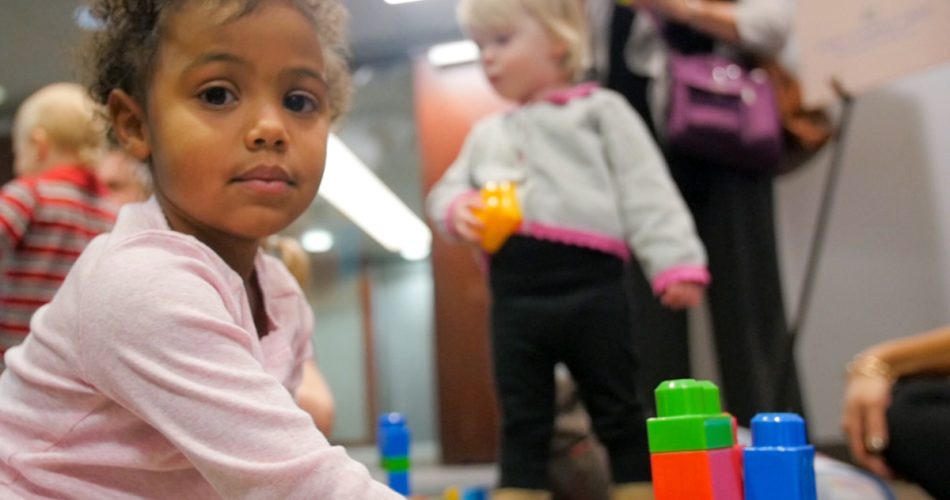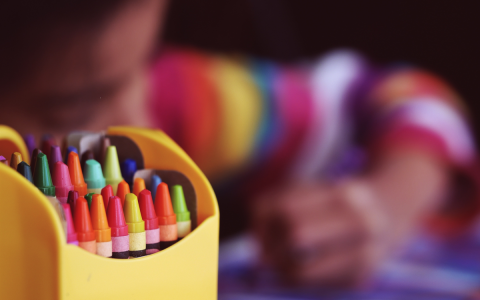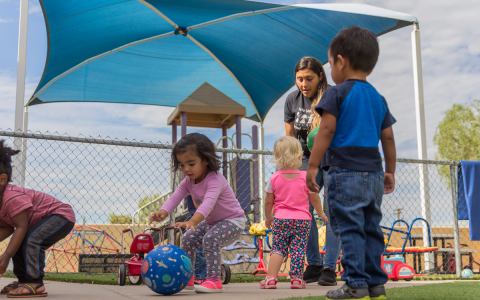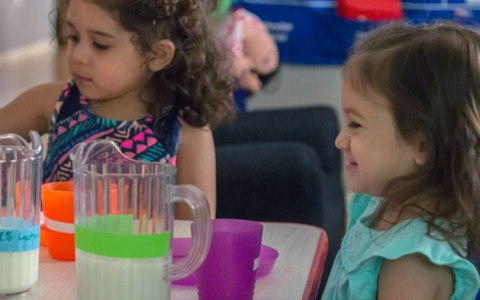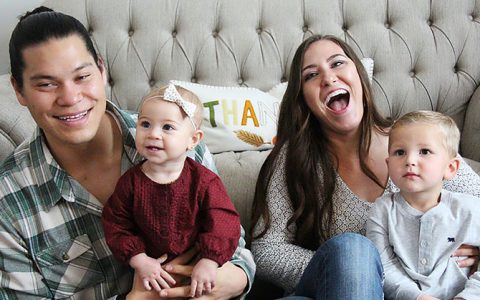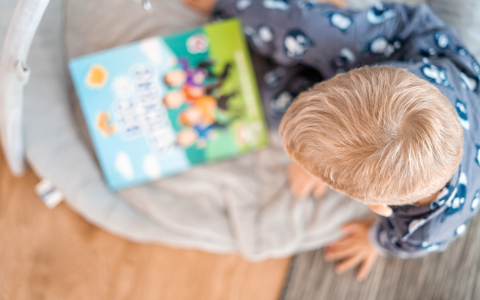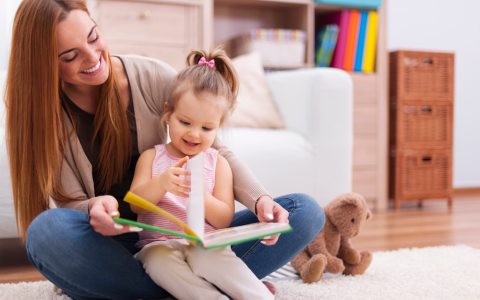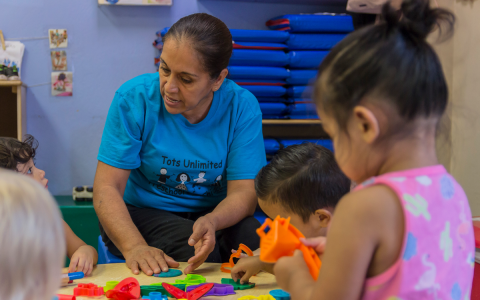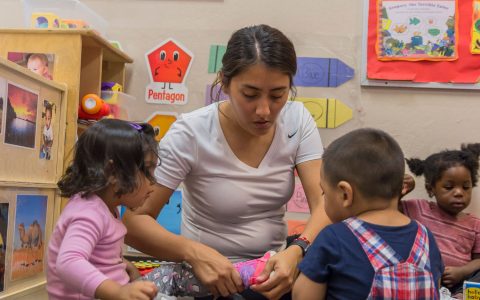Quality First blog, tips and inspiration
Free inspiration and resources are just an added bonus. Helping you is just what we do. See the latest blogs, tips and research on how you can provide the highest-quality care and improve your early learning setting.
To receive inspiration directly to your inbox, sign up for our newsletter today.
VIEW ALL
The COVID-19 pandemic brought significant losses and serious challenges to Arizona’s children and families. It also highlighted the needs of early childhood providers around the state. Fortunately, new funding made possible by federal and state investments are providing much-needed relief to support child care in our state. Supports include: Expansion of Quality First The budget
By Lara Scott, M.Ed., LPC It’s August, which means many young children and teachers across Arizona are returning to child care centers and home programs after extended time away during the pandemic. Others are coming to the early learning setting for the first time. These transitions often result in an array of feelings such as
As an early childhood educator, you recognize the importance of outdoor physical play on children’s development. At the same time, Arizona’s summer sun can make outdoor play uncomfortable and at times, unsafe. So, how can you provide the active, physical play children need, while keeping them safe during the summer heat? Here are six tips
As an early childhood educator, you know that meal and snack times offer a rich opportunity for learning. At the same time, you want to make sure the best health practices are being followed and a clean environment is maintained. It can be a challenge to balance it all. We found Marie Hendry of Little
Quality improvement involves reflecting on your practice, developing plans for improvement, taking action toward your goals and making adaptations along the way. Whether you are a business owner, program director, classroom teacher or caregiver, how you involve families in your improvement efforts can make a big difference in your success. Here are four ideas to
The early learning environment is a hub of excitement and energy that includes spaces for young children to actively learn through different types of play. As important as it is to include a variety of stimulating activities for children, it’s just as important to include space for relaxation, comfort and being calm, often referred to
How are you feeling this very minute? Take a moment to pause and assess your mind and heart. What is the first word that comes into your thoughts? Was it good, fine, happy or content? Or was it exhausted, worried, concerned or stressed? It is so important to stop, pause and take a deep breath
It’s not easy maintaining a healthy environment for young children. As a child care director or owner, you may need additional support to achieve best health and safety practices in your program. As a Quality First participant, you have access to this kind of help. Quality First offers you the services of Child Care Health
The Quality First Assessment team provides informal assessment to offer objective feedback using the updated, third editions of the Environment Rating Scales (ERS) tools. This opportunity is available to licensed child care providers, including family child care and center-based programs serving children birth to age 5 in Arizona. Informal assessment provides you the opportunity to
A Quality First assessment provides feedback to recognize your program’s unique strengths and to help you set goals for quality improvements using objective, research-based tools. An informal assessment is offered to all regulated early care and education providers in Arizona. Whether your program is enrolled in Quality First, on the waitlist or if you are
